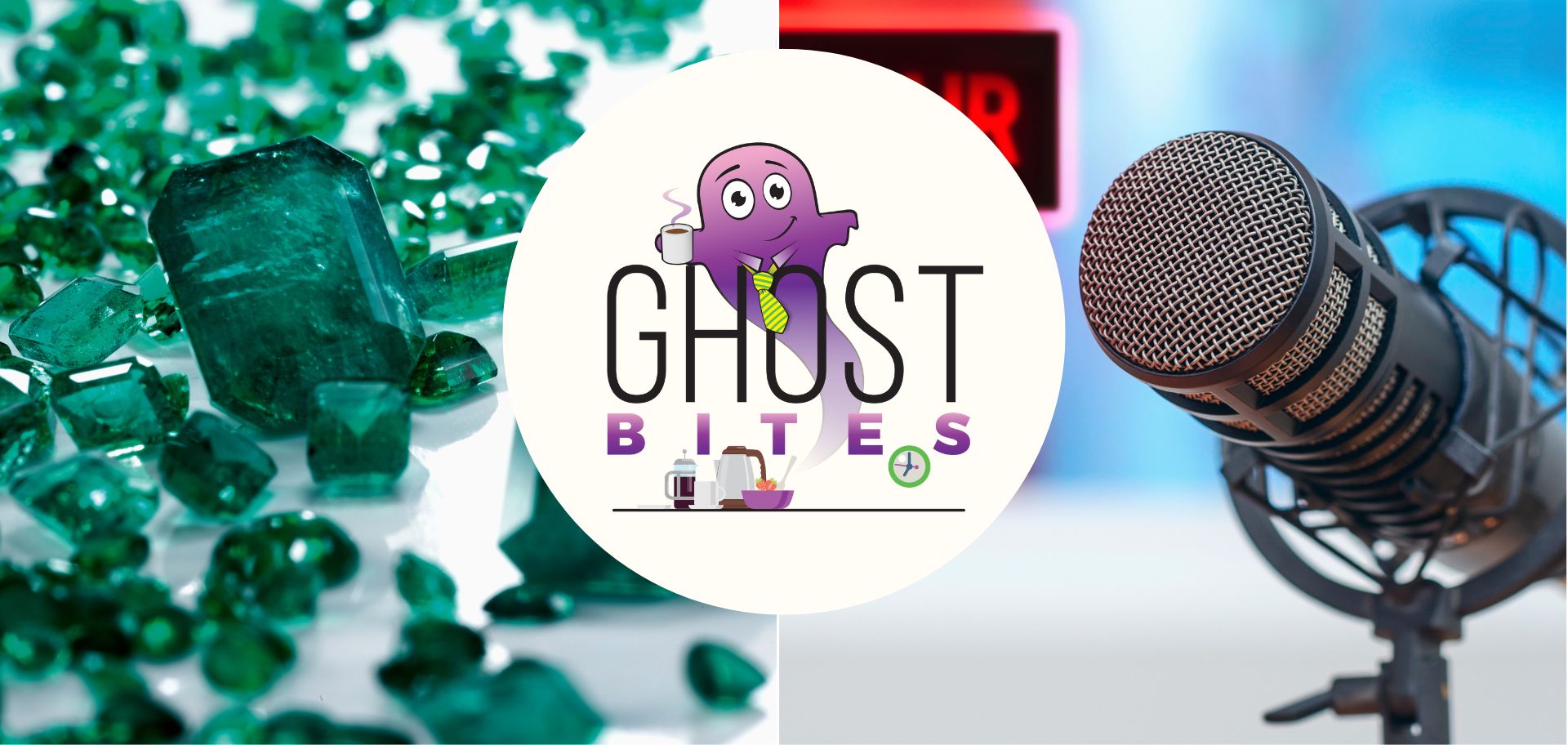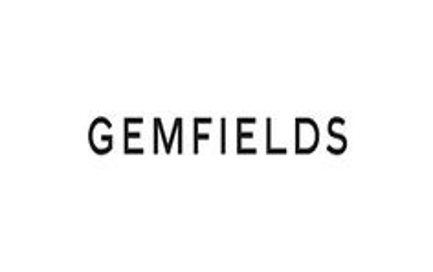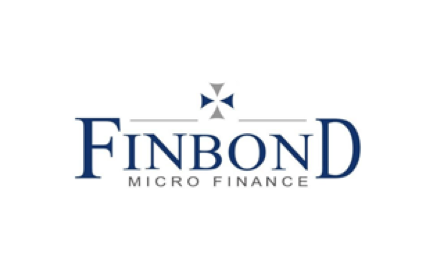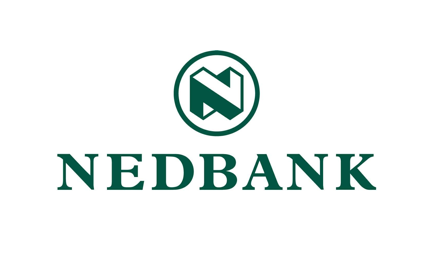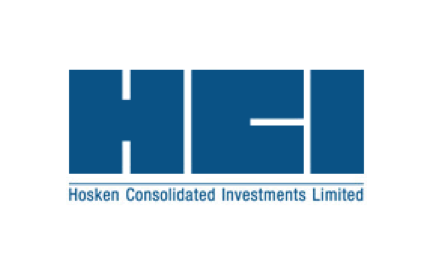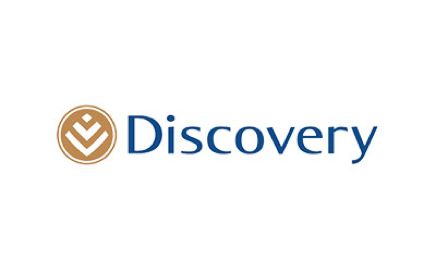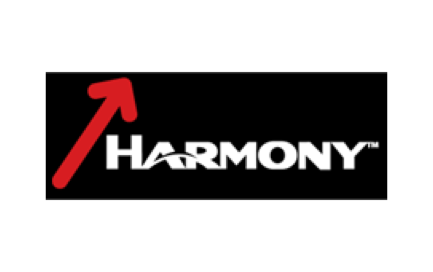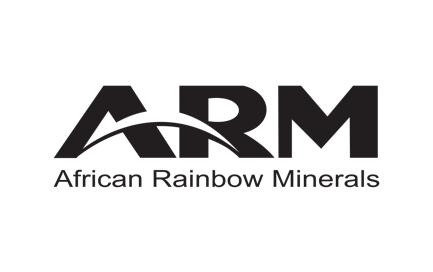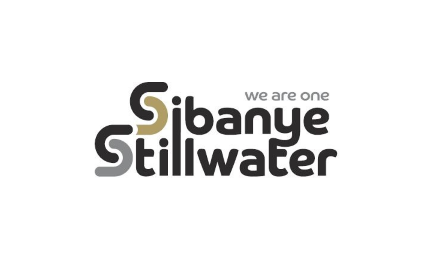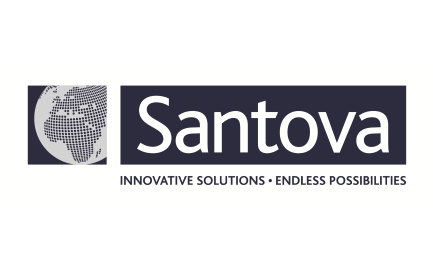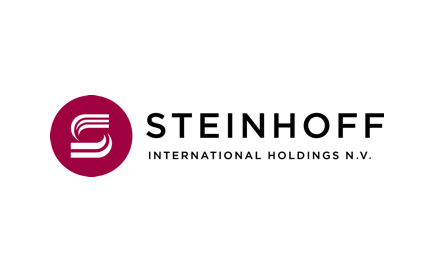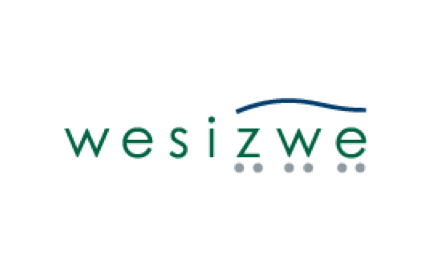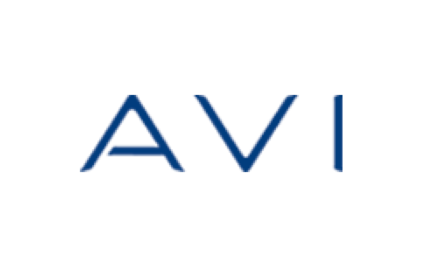Video hasn’t killed the radio star (JSE: AME)
African Media Entertainment surpasses pre-Covid earnings
For the year ended March 2022, revenue at African Media Entertainment (AME) increased by 7% and the percentages get better as you move down the income statement. Operating profit was up 16% and HEPS increased by 30% to 484.5 cents, well ahead of 408.2 cents in the year ended March 2020 or 437.3 cents in the 2019 financial year.
With an asset-light model, cash from operations (net of taxes) of R38 million translated into dividend payments of R28.7 million.
The good news stories were all in the radio businesses, like Algoa FM’s revenue being 12% above budget and EBITDA returning to pre-Covid levels. Central Media Group (which includes OFM) grew its EBITDA in this period.
It’s not all Guns & Roses I’m afraid, with a few thorns in the system as well. MediaHeads360 saw its EBITDA drop by 69% based on pressure in linear television and related advertising and general content. Radio really has been stronger than television in this period, with media sales business United Stations sounding bullish, a particularly interesting read compared to MediaHeads360 with a television focus.
I always pay close attention to Moneyweb’s results for obvious reasons. The only information in the results release is that Moneyweb grew by 8%, presumably on the revenue line. The company notes that performance wasn’t up to scratch and that more revenue models will be added to the business.
Glittering auction results for Gemfields (JSE: GML)
Records tumbled at the latest emerald auction
Gemfields has been trading sideways this year, with the market stubbornly refusing to put a higher multiple on the earnings. The market for precious stones is notoriously opaque (ironically), so there aren’t observable prices for the share price to trade against. Once you add in the geopolitical risks in Mozambique, it’s just too hard for institutions to really pile in.
The share price did get a 3% boost on Friday after the recent emerald auction results were announced. Total revenue of $43.7 million was a record for Kagem emerald auctions and all 35 lots were sold at an average price of $165.55 per carat, which is another record for Gemfields.
These records are meaningful, as there have been 45 Kagem emerald auctions since July 2009.
Inflation helps here, as does the ongoing strength of the global luxury market. Gemfields is a way to play that market on a very modest Price/Earnings multiple vs. the eye-watering multiples of the global luxury goods giants.
Finbond looks to Namibian students (JSE: FGL)
I‘m just not sure that a 49% stake in a business is ideal for a listed group
Finbond is set to acquire a 49% stake in Trustco Finance, currently a 100% subsidiary of listed group Trustco. The market has very little love for Trustco, evidenced by its traded discount to net asset value that is high even by investment holding company standards.
In other words, I don’t think shareholders will leap with joy at the news of Finbond investing in a Trustco subsidiary. Perhaps it’s a good business though, providing educational loans to students at the largest private distance-learning tertiary education institution in Namibia.
Finbond’s rationale for the deal is to gain access to the Namibian market and diversify with student lending. The purchase price for the 49% stake is R60 million and the full amount is due by August 2023, so there’s no earn-out here to protect Finbond shareholders.
As a good example of why the market doesn’t believe the Trustco valuations, this asset was valued at R183 million in Trustco’s financials as at August 2022. That implies a R90 million valuation for 49%, with Finbond only paying R60 million. Even a premium for control doesn’t justify that difference.
When the deal closes, the net asset value of Trustco Finance should be R226 million. Finbond is getting in here at a discount, which may explain the decision to buy 49% – the largest non-controlling stake you can buy (leaving aside decimal points). Normally, for a strategic stake giving access to a market, you can get away with buying 20% to 30% and going from there. By buying 49%, you’re committing more capital and not getting a greater level of control than a significant minority stake (20% – 30%) would get you.
But at that price, it may simply be that Finbond sees it as a cheap entry point and wanted to maximise its stake.
Nedbank is growing headline earnings at mid-teens (JSE: NED)
But the real news is that Mike Brown is stepping down as CEO after 13 years
Once upon a time, I was a CA Trainee on the training programme at Nedbank, which gives an opportunity to complete articles outside of the audit profession. I have very fond memories of Mike Brown attending every single important function related to the programme, no matter how busy he was. When I was at such an impressionable young age, he certainly made the right impression.
After 13 years in the job, he’s stepping down as CEO at the age of 57. The actual handover date will only be confirmed once a successor has been found.
His tenure covered a very difficult time for South Africa economically. Recent conditions have been quite juicy for banking at the moment, with a combination of high inflation and interest rates driving (1) demand for credit and (2) improved yield on that credit for lenders. But of course, there’s a tipping point at which credit quality falls over when interest rates continues to climb.
We may well be reaching that point, with Nedbank noting a far more challenging environment for the four months to April vs. expectations. The group specifically notes that the benefit of higher rates vs. interest rate increases is “likely to reverse with further interest rate increases” – very important to take note of.
For now at least, headline earnings growth is strong in the mid-teens despite the credit loss ratio being above the top end of the through-the-cycle range. The growth in earnings is being helped by a positive JAWS ratio, which means income growth is faster than growth in expenses and hence margins are expanding.
Little Bites:
- Director dealings:
- You won’t often see a trade like this! An associate of CEO Johnny Copelyn has bought shares in Hosken Consolidated Investments (JSE: HCI) worth R118 million. This stock has been on a rampage and with solid growth in underlying net asset value to support it.
- Adrian Gore, CEO of Discovery (JSE: DSY) has sold shares in the company worth R13.4 million in relation to previous funding arrangements linked to Discovery shares. I guess it’s hard to finance a share that has lost 11% of its value over 5 years.
- A director and prescribed officer of Harmony Gold (JSE: HAR) collectively sold shares in the company worth R5.76 million.
- A director of a subsidiary of African Rainbow Minerals (JSE: ARI) sold shares worth R1.4 million.
- A prescribed officer of Sibanye (JSE: SSW) who runs the business in America has bought shares worth $73k (denominated in dollars as the ADRs in the US were bought, not Sibanye shares on the local market – but the principle is the same).
- Directors of Santova (JSE: SNV) exercised options collectively worth R1.2 million. I didn’t see an immediate sale to cover the tax. If they don’t sell a portion, it means they paid the tax out of their own pockets in order to hold on to shares, which counts in my books as a genuine purchase of shares by directors. Perhaps the sale is still coming.
- A non-executive director of CA Sales Holdings (JSE: CAA) and his associate bought shares worth R694k.
- The WHOA restructuring plan hearing for Steinhoff (JSE: SNH) will be heard on Thursday, 15th June. That is truly last chance saloon for Steinhoff shareholders.
- Wesizwe Platinum (JSE: WEZ) has announced that the hot commissioning of the BPM Processing Plant was delayed due to certain faults discovered at the end of May. The plan is to commission the plant on 5 June.
- AVI (JSE: AVI) has announced that Mike Watters has replaced Gavin Tipper as chairman of the board. Watters appears to mainly have experience in property funds, so that’s an interesting appointment.

